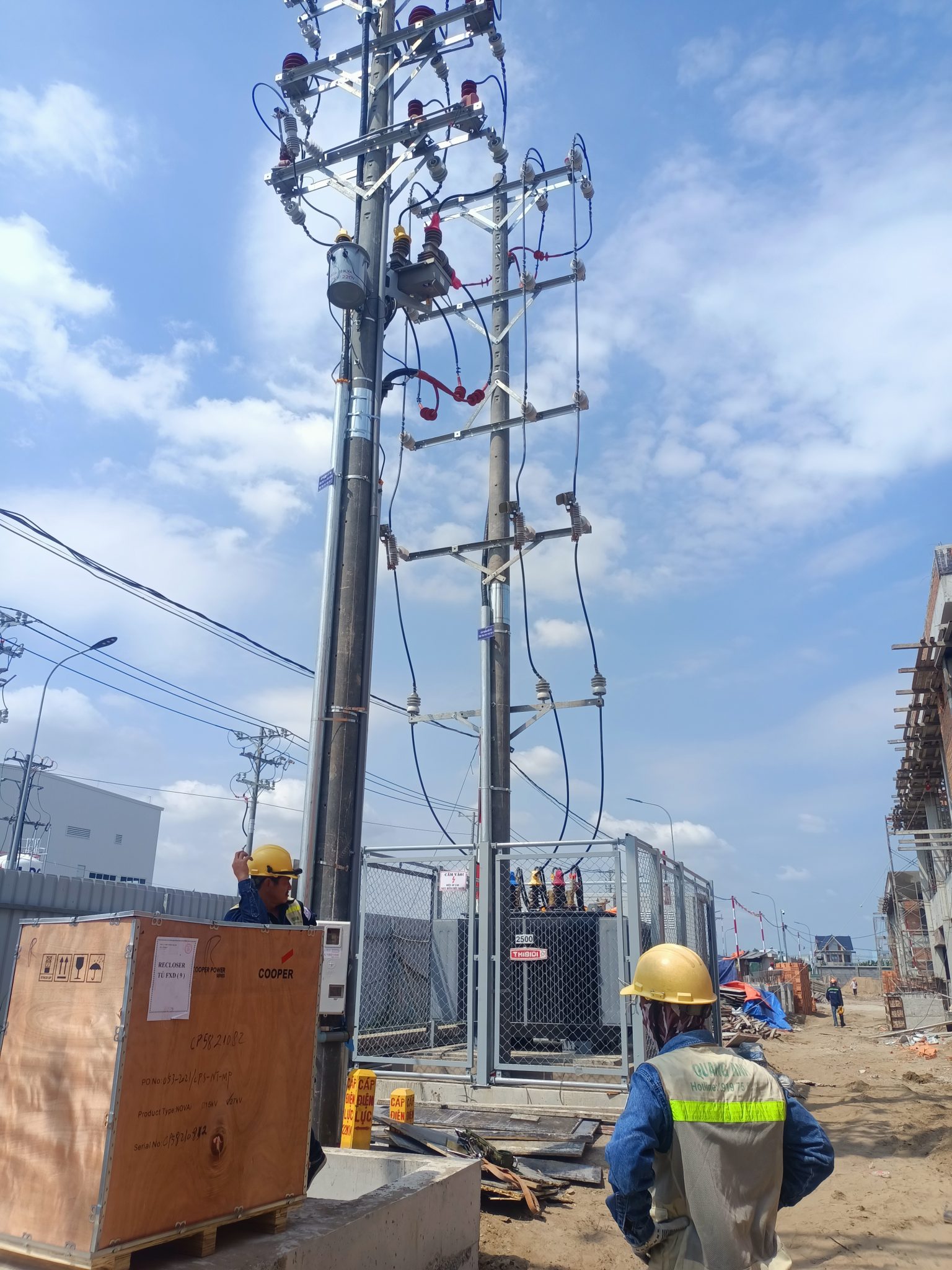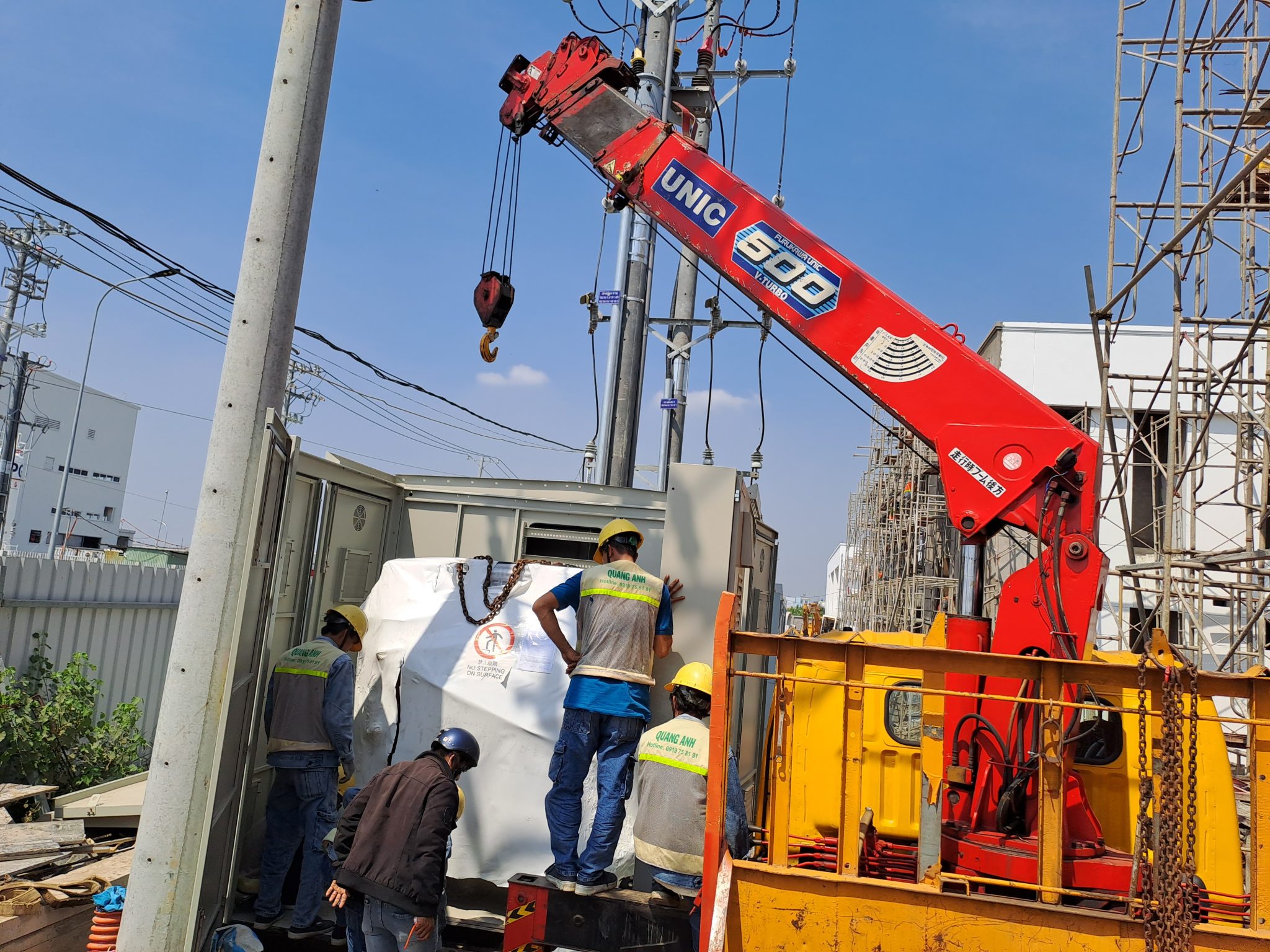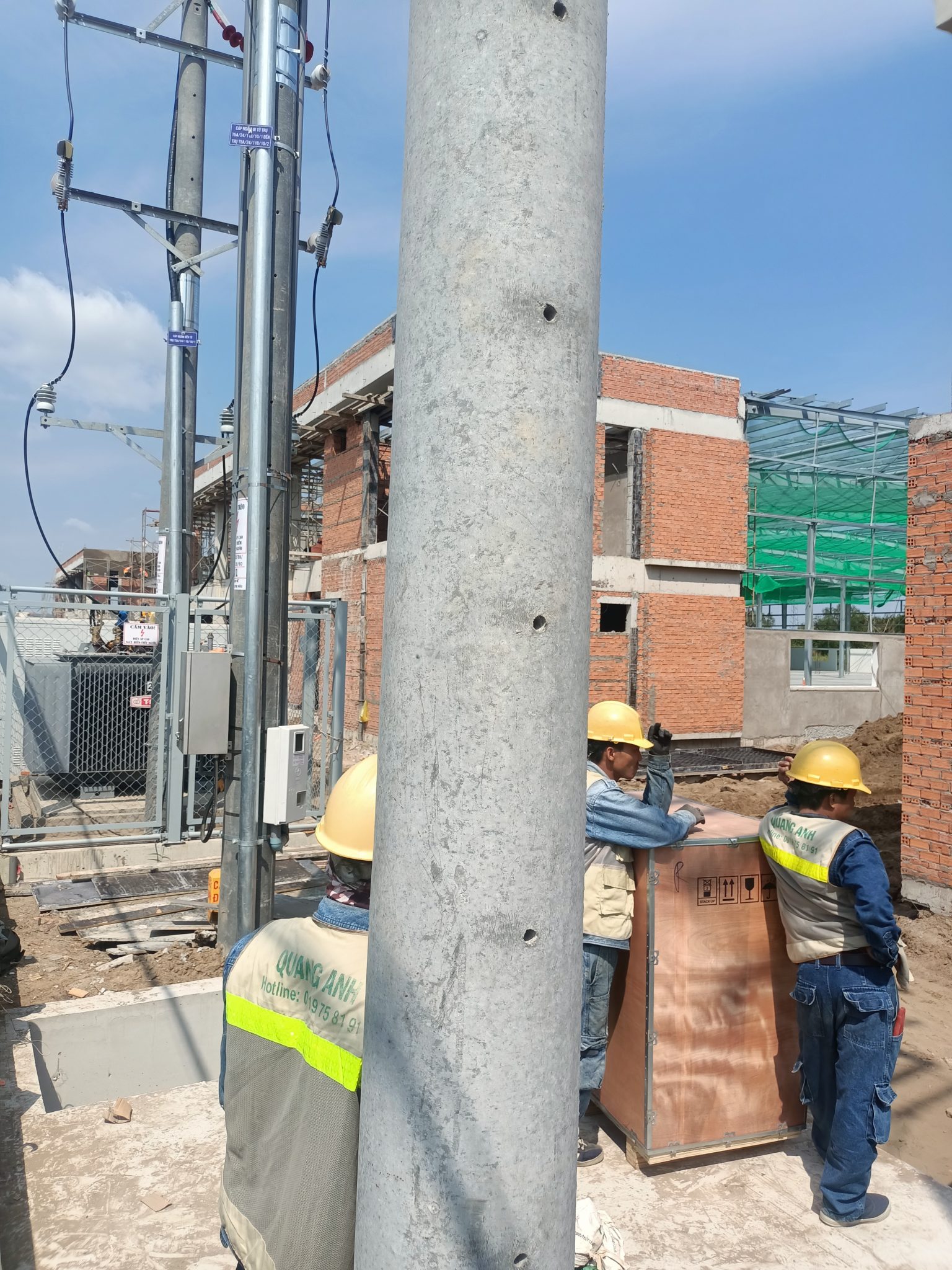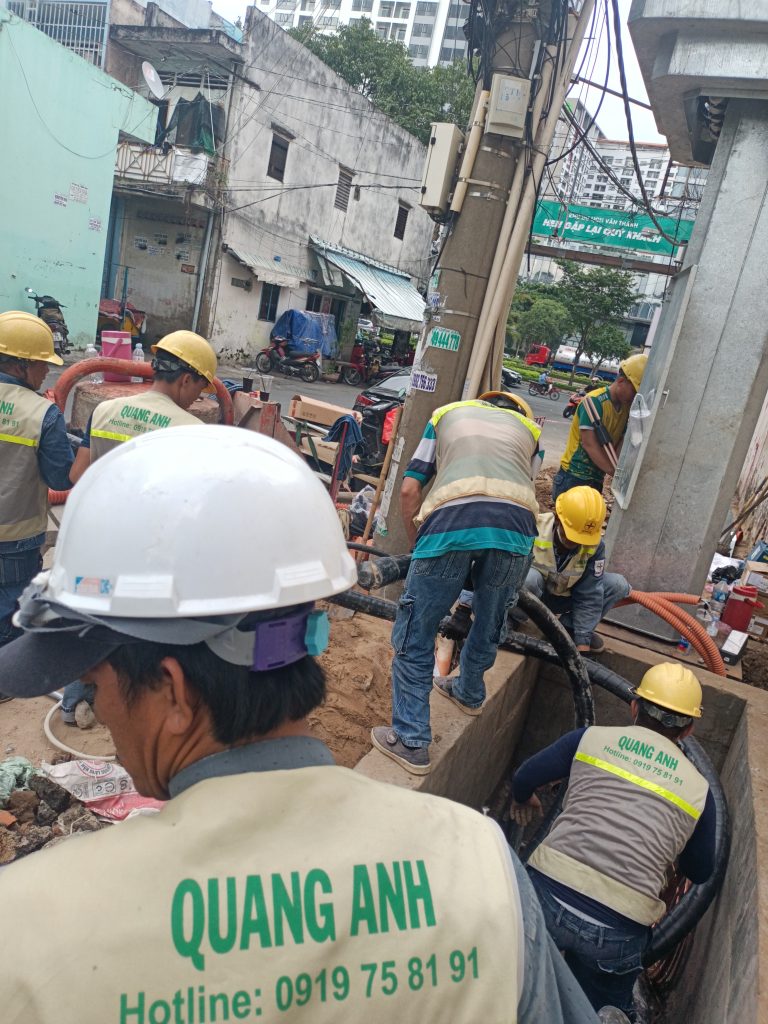News
FDI Investment Law in Vietnam: Legal Framework and Basic Policies
The FDI Investment Law in Vietnam is built on a legal foundation to regulate the investment activities of foreign investors in Vietnam, focusing on key legal frameworks, capital regulations, and investment forms.
Main Legal Framework for FDI in Vietnam
The FDI investment law in Vietnam was established from the Foreign Investment Law of 1996, marking the beginning of regulations for foreign direct investment. It stipulates permissible forms such as business cooperation contracts, joint venture establishment, and 100% foreign-owned enterprises. Subsequently, the Investment Law No. 61/2020/QH14, effective from 2021, clearly defines the scope of adjustment, concepts such as investment policy approval, and investor rights protection.
To create an equitable and attractive investment environment for foreign investors, the legal framework for FDI in Vietnam has been established through important laws and decrees. The focus of this legal framework is the 2020 Amended Investment Law, a crucial legal foundation, ensuring the rights and obligations of foreign investors. This law not only regulates property ownership but also protects investor rights concerning intellectual property and profit transfer abroad. These elements have significantly reinforced Investment Rights.
Moreover, enhancing investment attraction capacity is reflected in the new points of the Vietnam Investment Law 2020. The law adds new incentives for sectors of innovation, manufacturing, and participation in global value chains. These Investment Incentives are adjusted based on conditions and results achieved by projects, while the Prime Minister has the authority to apply special incentives.
An important element in the FDI Legal Framework is the principle of equal treatment between domestic and foreign investors, aiming to protect investors from risks such as nationalization or illegal asset confiscation. This affirms a stable and secure investment environment.
To boost FDI inflows, the Vietnamese government continuously improves policies and institutions. This includes administrative procedure adjustments, upgrades to environmental and customs regulations. Although there are still barriers that need to be overcome, as reflected in conferences with investors and the Government, the strategic economic partnership, especially with countries like the USA, has contributed to expanding investment attraction potential.
In the context of global investment capital competition, the FDI Legal Framework in Vietnam remains a highlight with the ability to protect rights and stimulate high-quality foreign investment inflows.

Regulations on FDI Investment Forms
According to the 2020 Investment Law, FDI investment forms include establishing new economic organizations, investing by contributing capital, purchasing shares, or implementing investment projects. Additionally, investing through business cooperation contracts and new forms prescribed by the Government is also an option. Investors must comply with legal procedures and conditions to optimize their benefits in the investment environment in Vietnam.
The 2020 Investment Law has brought significant innovations to FDI investment forms in Vietnam. Notable among these is detailed regulation on forms such as establishing 100% foreign-owned economic organizations—a way foreign investors can establish businesses and fully own charter capital. This is a prominent part of FDI policies in Vietnam.
The joint venture investment form allows foreign investors to cooperate with domestic partners, dividing capital contributions according to agreed ratios. These projects often leverage local advantages and enhance deep cooperation levels. Meanwhile, investing through capital contributions, share purchases, or capital share can certainly be carried out according to clear conditions and principles outlined in Article 65, Decree 31/2021/NĐ-CP.
To simplify investment implementation, investors can also choose to implement direct investment projects without establishing economic organizations. This is an appealing choice in current investment forms when investors concentrate their potential into a specific field.
A business cooperation contract (BCC) is another form in the FDI investment portfolio. Thanks to BCCs, investors can cooperate without establishing new economic organizations, while sharing profits and specific risks according to the contract. This opens up new opportunities in deploying business cooperation contracts.
Lastly, the 2020 Investment Law has expanded regulations on investment forms and new economic organizational types according to government decisions. This aims to meet market development and attract investment more effectively.
The prerequisite to ensure success in FDI activities is strict compliance with legal regulations, including ownership ratios, licensing conditions, and ensuring the business objective and content of the enterprise are not altered. This is the foundation to optimize the effectiveness of capital contribution into Vietnam’s economy.

Policies and Incentives for Foreign Investors
Vietnam continuously improves policies to attract foreign investment, especially in the FDI Investment Law. Numerous tax incentives, infrastructure development support, and investor rights protection policies are enacted to create an attractive and favorable environment for FDI businesses. This not only boosts the economy but also enhances infrastructure quality, providing motivation for international investors to participate in the long term in the Vietnamese market.
Vietnam does not cease to adjust and enhance policies to attract FDI, with top priority given to high-tech sectors, supporting industries, and infrastructure development. According to Vietnam’s Investment Law, FDI projects are determined based on investment fields and locations, especially in economically underdeveloped areas.
One of the key policies is the corporate income tax (CIT) incentive. The general tax rate is 25%, but it can be reduced to 10%, 15%, or 20%, depending on the project type and economic benefits the project brings. Notably, projects under encouragement categories can enjoy a special tax rate of only 5% for up to 37 years, demonstrating Vietnam’s commitment to attracting large-scale, high-tech FDI.
Besides, foreign investors also benefit from various import tax incentives on machinery and equipment for project purposes, along with land tax exemptions. This is particularly crucial in the context where input costs can be a significant obstacle for startup projects in Vietnam. Import tax exemption policies have significantly contributed to alleviating the financial burden for investors, thereby driving rapid and sustainable project development.
Not only stopping at financial support, Vietnam also focuses on improving administrative investment procedures. The changes in the amended Law on Planning and Investment, effective from 2025, have simplified processes, creating convenience and reliability for foreign investors. The ‘green lane’ system is applied as a breakthrough in administrative reform, helping to reduce the assessment time for priority projects.
Close cooperation between the government and FDI enterprises through investment support funds provides financial solutions and policies to ensure international investors feel secure and protected when conducting investment activities in Vietnam. This policy not only creates a favorable environment but also strengthens investor confidence in the Vietnamese market.
These investment incentive policies and administrative support have been shaping Vietnam into an attractive destination for high-quality FDI inflows, aligning with sustainable and globally competitive development strategies.

With a solid legal foundation and encouraging policies, Vietnam is an attractive destination for foreign investment. The diversity of investment forms and incentives provided to investors not only make it easy for foreign businesses to enter the market but also ensure sustainable development of Vietnam’s economy.
For more detailed information about FDI Investment Law, contact QuangAnhcons via hotline: +84 9 1975 8191 to receive advice from leading experts.
QuangAnhcons specializes in providing investment consulting and construction services with dedication and reputation, helping foreign investors optimize their business opportunities in Vietnam.

 Tiếng Việt
Tiếng Việt 简体中文
简体中文 Deutsch
Deutsch 日本語
日本語 한국어
한국어 ไทย
ไทย Русский
Русский Français
Français
